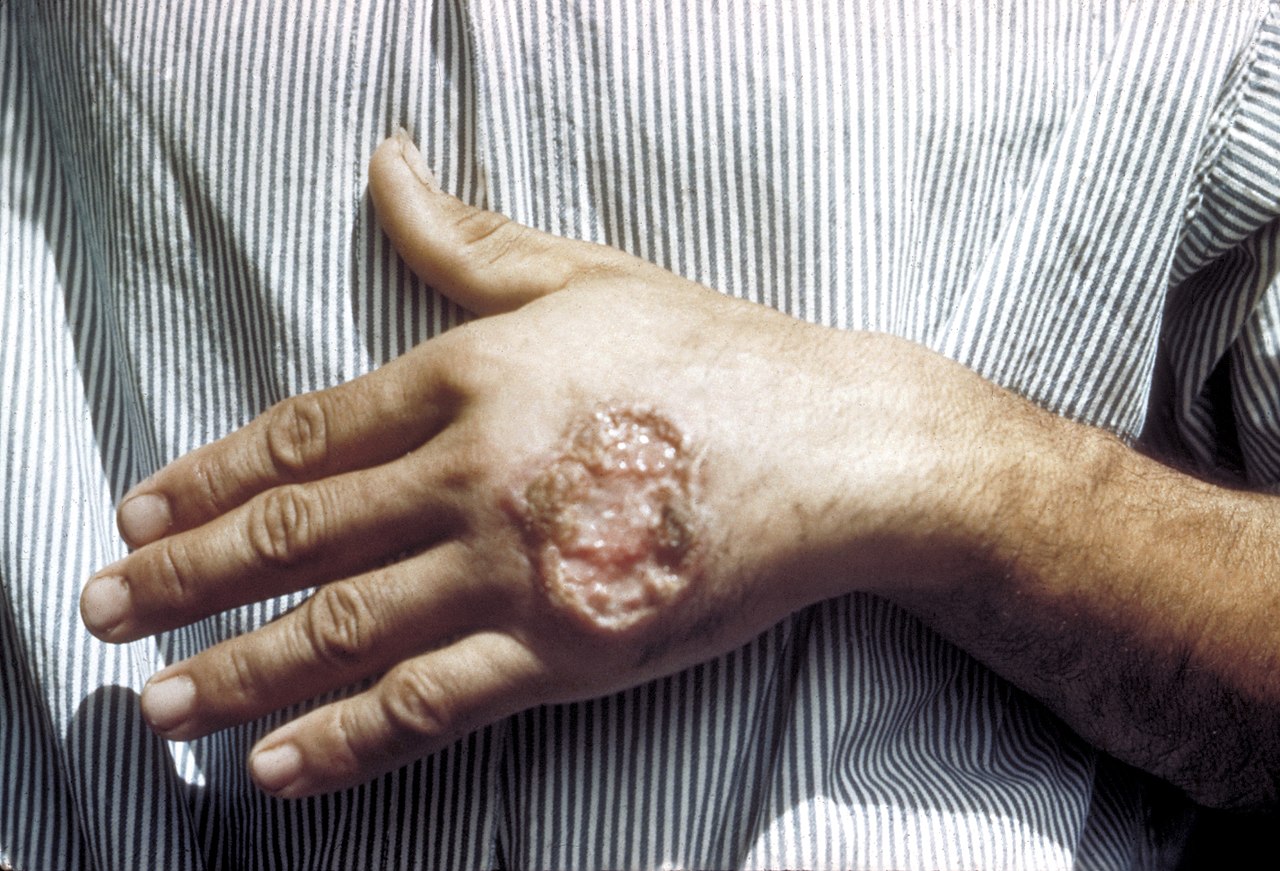Leishmania (parasite) research in my laboratory
Neglected tropical diseases, such as leishmaniasis, are exactly what the name implies; these diseases occur mostly in third-world countries and have typically received less attention from research agencies than other diseases. Leishmaniasis encompasses a range of human diseases that vary in clinical presentation based on the species of leishmanial parasites, the genetics of the isolate, as well as myriad factors regarding the person that is infected such as age, sex, overall health, and genetics. Leishmania spp. are protozoans of the same family as the parasites that cause African sleeping sickness and Chagas disease.
The life cycle of leishmanial parasites involves two hosts: a sand fly vector and a vertebrate. During infections in humans, macrophages are a common cell type that acts as a host to Leishmania spp. parasites. Successful completion of the life cycle requires replication and spread in macrophages rather than succumbing to the microbicidal activity of these cells. Since these parasites naturally target macrophages, we are testing the hypothesis that cytokine-expressing parasites will polarize human macrophages during an infection as a novel immunotherapeutic platform. To avoid safety concerns, we are utilizing a nonpathogenic species of parasite, Leishmania tarentolae, originally isolated from a gecko. In a related project, we will evaluate the culture conditions that affect the rate of transgene loss from the genome of leishmania as instability of the transgene would be detrimental to this line of therapeutics.
Image of cutateous leishmaniasis (credit: CDC Public Health Image Library #352)
